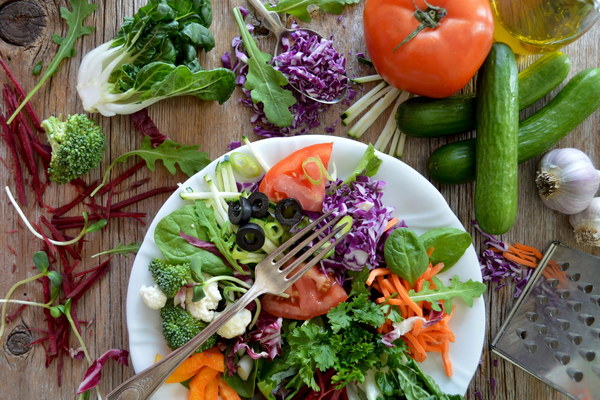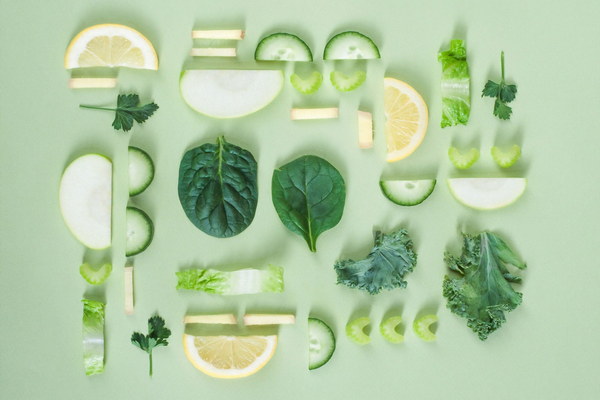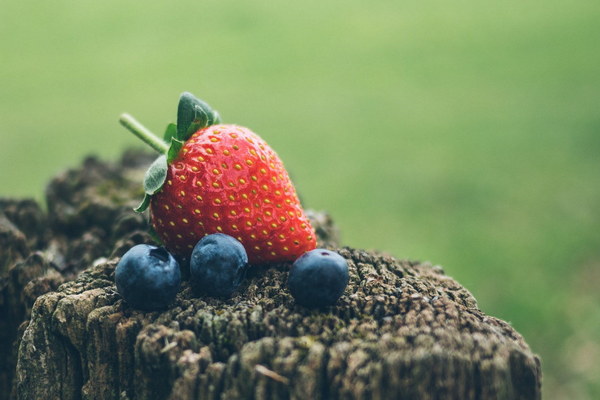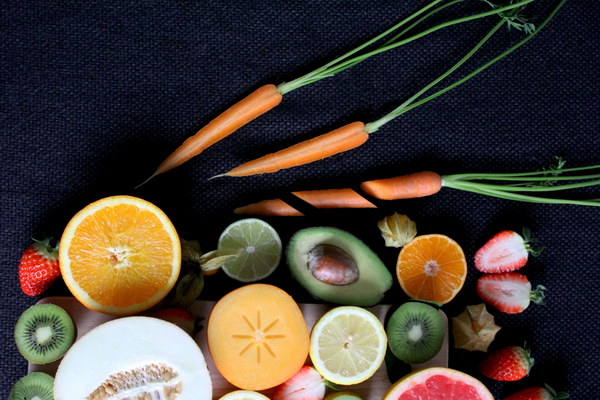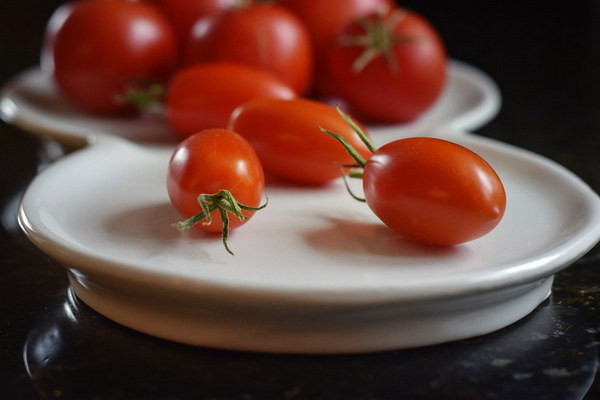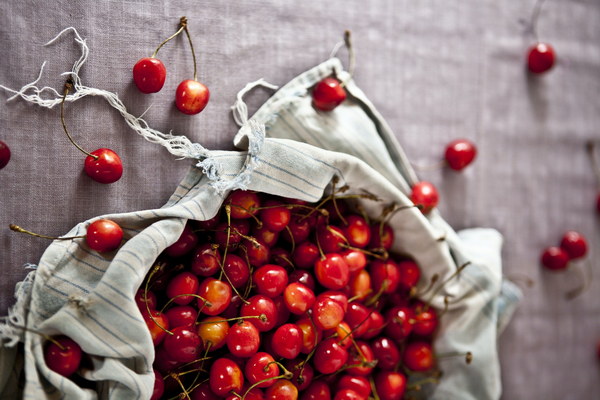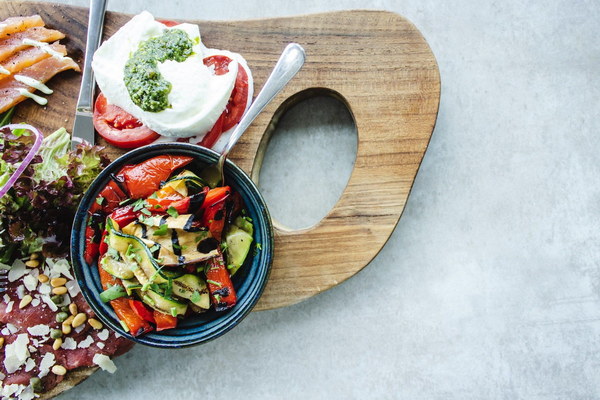Healing Your Aching Back A Nutrition-Focused Approach to Back Injury Recovery
Introduction:
Dealing with a back injury can be a daunting experience, both physically and mentally. While medical treatment and physical therapy are crucial for recovery, incorporating a nutritious diet can significantly aid in the healing process. In this article, we will explore the benefits of specific foods and nutrients that can help alleviate pain, reduce inflammation, and promote the regeneration of damaged tissues in the back.
1. Omega-3 Fatty Acids
Omega-3 fatty acids are well-known for their anti-inflammatory properties. Foods rich in omega-3s, such as fatty fish (like salmon, mackerel, and sardines), flaxseeds, chia seeds, and walnuts, can help reduce inflammation in the body, which is often a contributing factor to back pain. Including these foods in your diet can support the healing process and potentially reduce the risk of future injuries.
2. Turmeric
Turmeric, a spice commonly used in Indian cuisine, contains a compound called curcumin, which has powerful anti-inflammatory effects. Studies have shown that curcumin can help reduce inflammation and pain associated with back injuries. Incorporate turmeric into your diet by adding it to stir-fries, smoothies, or as a spice in your cooking.
3. Dark Leafy Greens
Dark leafy greens, such as spinach, kale, and Swiss chard, are rich in vitamins and minerals that support bone and tissue repair. These greens are high in calcium, vitamin K, and magnesium, all of which are essential for healthy bone density and muscle function. Include these greens in your salads, smoothies, or as a side dish to ensure you're getting an adequate supply of these vital nutrients.
4. Bone Broth

Bone broth is a nutritious liquid made by simmering the bones of animals such as chicken, beef, or fish. It is rich in collagen, a protein that helps to repair and strengthen connective tissues. Collagen is essential for the healing process, especially for injuries involving the back. Consuming bone broth can help improve joint health and may reduce the risk of future injuries.
5. Vitamin D and Calcium
Vitamin D and calcium are crucial for maintaining strong bones and supporting the healing process. Vitamin D is often referred to as the sunshine vitamin because our bodies produce it when our skin is exposed to sunlight. However, many people are deficient in vitamin D, especially during the winter months. Foods rich in vitamin D include fatty fish, egg yolks, and fortified dairy products. Calcium can be found in dairy products, leafy greens, and fortified plant-based milks. Ensuring you have adequate levels of these nutrients can help prevent further bone damage and promote healing.
6. Anti-Inflammatory Fruits and Vegetables
Certain fruits and vegetables have been shown to possess anti-inflammatory properties. Berries, such as strawberries, blueberries, and blackberries, are rich in antioxidants that can help reduce inflammation. Other inflammation-fighting foods include apples, cruciferous vegetables like broccoli and cauliflower, and ginger. Including these in your diet can support the healing process and potentially reduce pain.
Conclusion:
While there is no one-size-fits-all solution for back injury recovery, incorporating a diet rich in anti-inflammatory foods and nutrients can significantly aid in the healing process. By focusing on omega-3 fatty acids, turmeric, dark leafy greens, bone broth, vitamin D and calcium, and anti-inflammatory fruits and vegetables, you can support your body's natural ability to repair and strengthen damaged tissues. Remember to consult with a healthcare professional before making any significant changes to your diet, especially if you have underlying health conditions or specific dietary restrictions.
